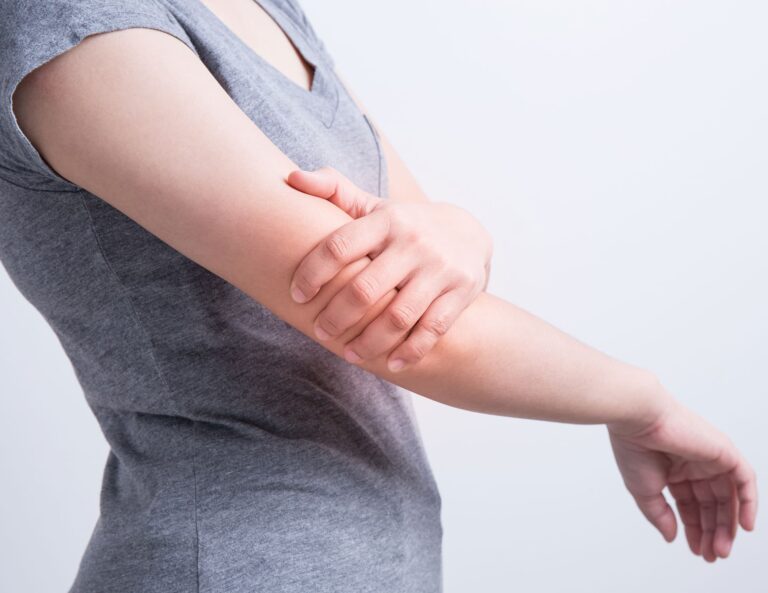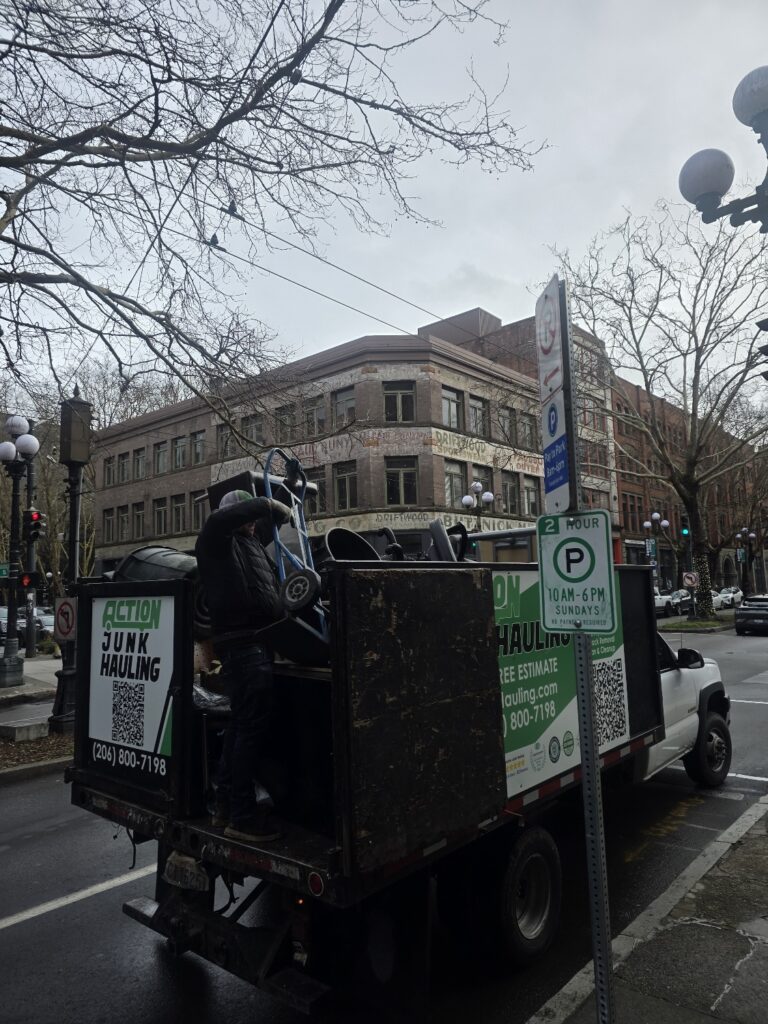
Airflow during sleep causes the tissues in the back of the throat to vibrate, which results in snoring. Snoring can happen anytime while you’re asleep and typically happens as you inhale. At some time, 50% of people snore; however, men snore more frequently than women, it can run in families, and it gets worse as we get older.
Only after screening for obstructive sleep apnoea/apnoea will you be given the best anti-snoring device (OSA).
It may be more effective for some people to use more than one solution to treat their nasal (typically due to congestion or a deviated septum) and throat (when your throat tissue or muscles restrict your airways) snoring problems. Various anti-snoring devices exist, some of which are the best. Anti-snoring device Smart Nora, this is the best anti snoring device.
Snoring prevention tools
A mouthpiece that prevents snoring can be an effective snoring treatment. Most people snore because breathing causes the throat’s back tissues to vibrate. Mouthpieces, sometimes known as night guards or mouth guards, help move the jaw forward and enlarge the back of the airway, preventing snoring by allowing air to travel through freely. These mouthpieces occasionally work immediately when initially used to stop snoring. There are primarily two types of mouthpieces for those who snore:
- To reduce the amount of tissue that can vibrate, tongue stabilizing devices (TSD) act by advancing or lowering the tongue and widening the gap in the throat’s back. They can make some people feel uneasy and increase salivation.
- Mandibular Advancing Devices (MAD), also known as Jaw Advancing Devices (JAD), function by advancing the lower jaw to widen the back of the throat and improve airflow. Additionally, they forward the tongue. They might make you uncomfortable or shift your teeth.
What is the snoring diagnosis?
Based on the symptoms and the suspected source of the snoring, the underlying cause of the problem will be identified. The doctor will start by inquiring about your medications, allergies, and whether you smoke or drink alcohol. The mouth, nose, and throat will be checked to determine if any physical anomalies might be the source of the snoring.
If sleep apnea is suspected, questions concerning whether you snore loudly, stop breathing while you sleep, or fall asleep during the day, as well as whether your sleep is not restorative, may be asked of you. You should record your snoring and sleeping patterns in a journal.
A sleep study may be required to track your sleeping habits and determine whether you have sleep apnea or another sleep issue







